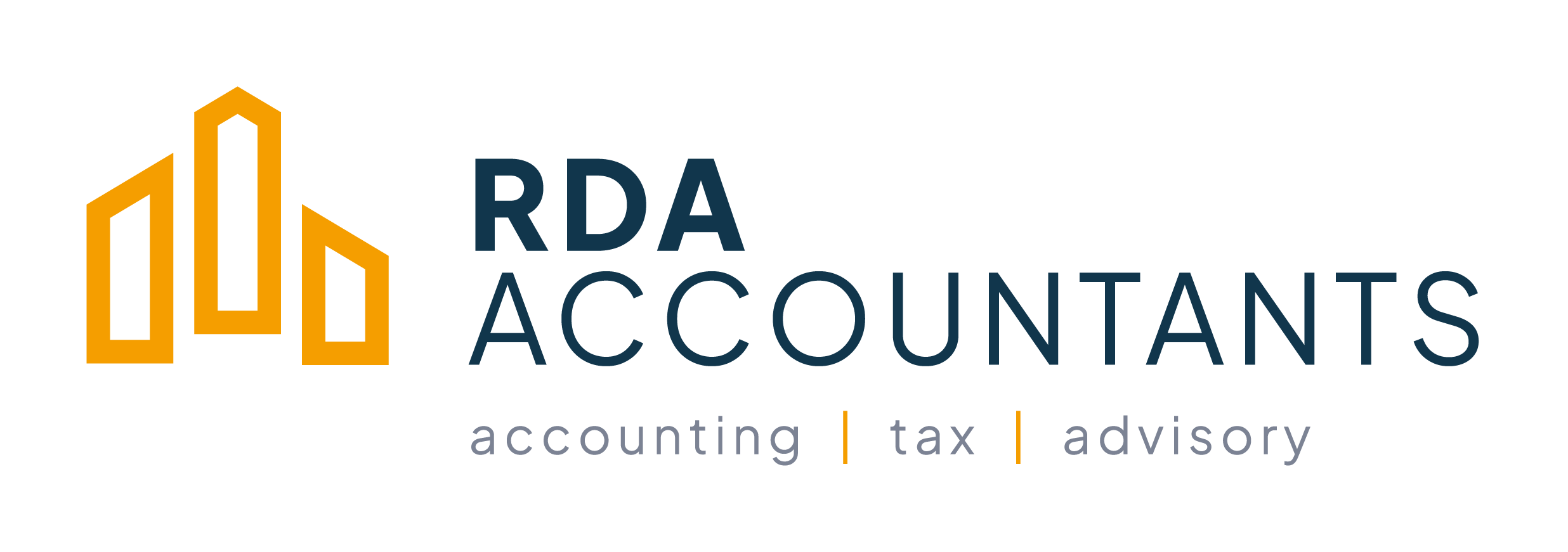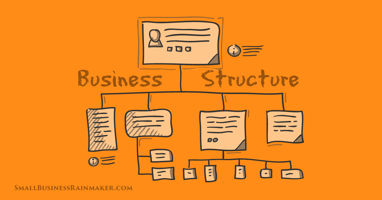There is a relief available from CGT on the transfer of a business into a company. Where a sole...
Do you know how to extract cash from your business?
In this article we will cover:
- The importance of cash extraction and why you should care
- Different types of business structures in Ireland and their implications for cash extraction
- Taxation in Ireland and how it affects cash extraction
- Methods of cash extraction, including salary and wages, dividends, directors' loans, and share buybacks
- Other methods of cash extraction, such as pension schemes, company cars, and travel expenses
- The importance of planning and working with professionals, such as accountants and financial advisors
- Legal considerations, including contractual obligations, shareholder agreements, and regulatory compliance
- Exit strategies and how to maximise cash extraction before exiting
- Common mistakes to avoid when it comes to cash extraction
Why Cash Extraction Matters
Cash extraction is an essential aspect of business management as it allows you to take money out of your business for personal use. This process is especially important for small business owners who may need to supplement their income. The money extracted from the business can be used to pay bills, invest in other businesses, or purchase assets.
However, cash extraction can be a complicated process, and it's essential to understand its legal and tax implications. Failure to comply with tax laws and regulations can result in fines and legal action. Therefore, it's crucial to have a thorough understanding of the cash extraction process in Ireland.
Different Types of Business Structures and Their Implications for Cash Extraction
The type of business structure you choose will determine the ease with which you can extract cash from your business. Sole traders and partnerships have more flexibility when it comes to cash extraction, while limited companies have more restrictions.
Sole traders and partnerships can withdraw money from their business without any legal restrictions. However, they must pay income tax on the money withdrawn.
Limited companies, on the other hand, have more restrictions when it comes to cash extraction. The money withdrawn from the company must be in line with the company's articles of association, and the directors must follow the proper procedures. Failure to comply with these regulations can result in legal action and fines.
Taxation in Ireland and How It Affects Cash Extraction
Taxation is a crucial aspect of cash extraction, and it's essential to understand how it affects your business. In Ireland, there are three types of taxes that can affect cash extraction: corporation tax, income tax, and capital gains tax.
Corporation tax is a tax on the profits of a company. Limited companies must pay corporation tax on their profits before distributing any money to shareholders. Income tax is a tax on the income of an individual. Any money extracted from the business in the form of salary or wages is subject to income tax. Capital gains tax is a tax on the profit made from the sale of an asset. If you sell shares in your company, you may be subject to capital gains tax.
Methods of Cash Extraction
There are several methods of cash extraction, including salary and wages, dividends, directors' loans, and share buybacks. Each method has its advantages and disadvantages, and it's essential to choose the best method for your business.
Salary and wages are a common method of cash extraction. However, the amount of money you can withdraw is limited by the PAYE system and employer and employee PRSI contributions.
Dividends are another method of cash extraction. Dividends are payments made to shareholders out of the profits of the company. However, dividends are subject to income tax, and there are strict regulations surrounding their issuance.
Directors' loans are a way for directors to extract money from the business without paying income tax. However, directors' loans must be repaid, and failure to repay them can result in legal action.
Share buybacks are a way for companies to buy back their own shares. Share buybacks can be an effective way to extract cash from the business, but they are subject to strict regulations.
Other Methods of Cash Extraction
There are other methods of cash extraction, such as pension schemes, company cars, and travel expenses. These methods can be an effective way to extract cash from the business while minimising tax liability.
The Importance of Planning and Working with Professionals
Planning and professional advice are crucial when it comes to cash extraction. Working with professionals such as accountants and financial advisors can help you navigate the legal and tax implications of cash extraction.
It's essential to develop a long-term cash extraction strategy that takes into account your business's financial goals and your personal financial situation. A comprehensive plan can help you maximise your cash extraction while minimising risk.
Legal Considerations
There are several legal considerations when it comes to cash extraction, including contractual obligations, shareholder agreements, and regulatory compliance. Failure to comply with these regulations can result in legal action and fines.
Exit Strategies and Maximising Cash Extraction Before Exiting
Preparing for a sale or liquidation of your business is an essential aspect of cash extraction. Maximising your cash extraction before exiting can help you achieve your financial goals.
Common Mistakes to Avoid
There are several common mistakes to avoid when it comes to cash extraction, such as failing to plan, failing to understand tax implications, and failing to work with professionals.
Conclusion
Cash extraction is an essential aspect of business management, and it's crucial to understand its legal and tax implications.

